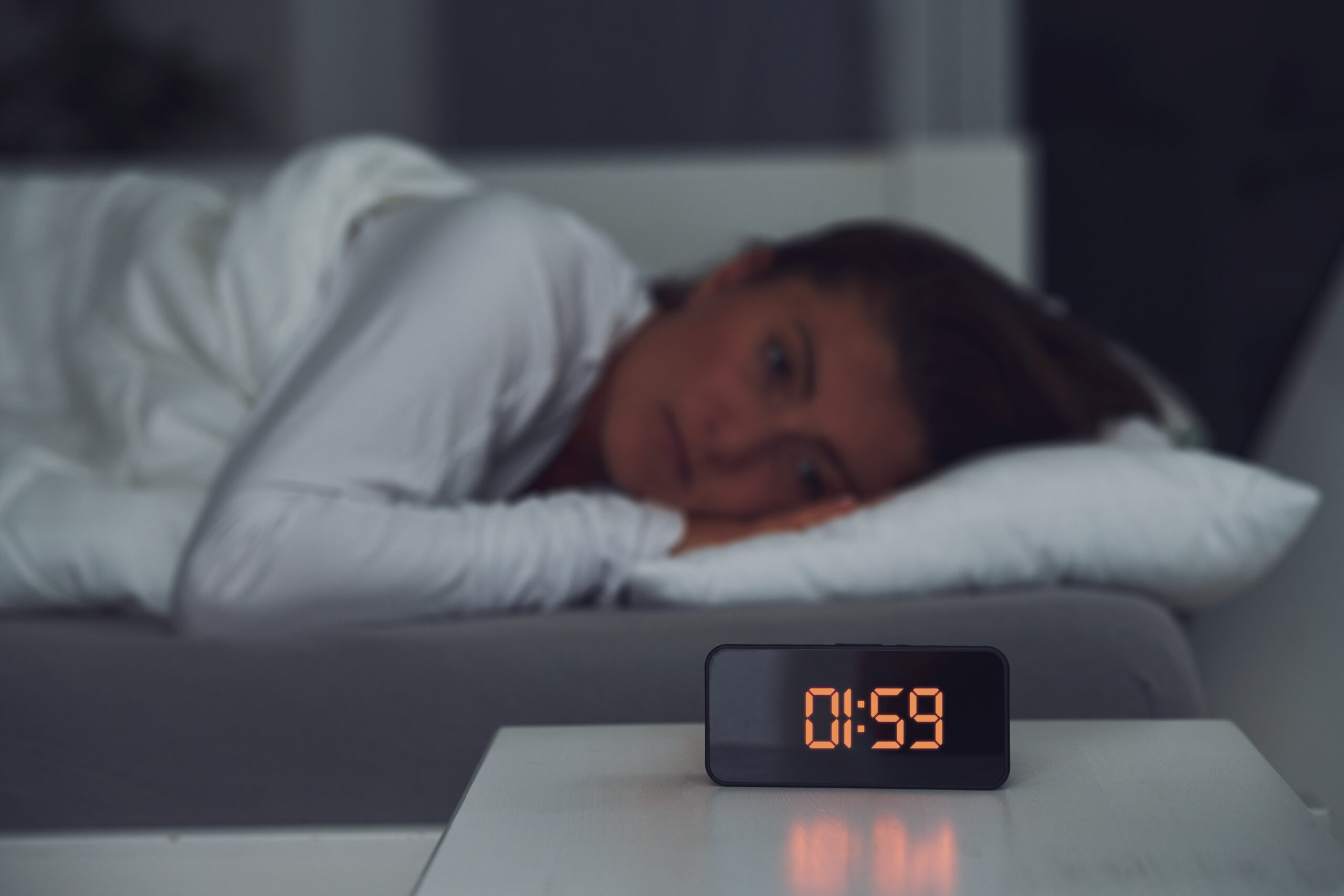Experience the life-changing benefits of a good night’s sleep – say goodbye to stubborn belly fat, boost your energy, and enhance your overall well-being.
Introduction:
Tossed and turned all night? Counting sheep until sunrise? If you struggle with sleep, you’re not alone. Millions grapple with insomnia, restless nights, and the daytime fatigue that follows. But a good night’s sleep isn’t just a luxury; it’s a crucial pillar of overall health and well-being. Adequate sleep impacts everything from our physical health and cognitive function to our mood and emotional well-being.
This two-part article delves into the world of sleep, exploring the science behind a restful night and offering practical strategies to finally conquer the night. By understanding the factors that disrupt sleep and implementing these tips, you can improve your sleep quality, wake up feeling refreshed, and unlock the numerous benefits of a good night’s rest.
Why We Sleep and Why It Matters
Sleep is more than just a period of rest; it’s a vital biological process that allows our bodies and minds to recharge. During sleep, our bodies repair tissues, consolidate memories, regulate hormones, and strengthen the immune system. Insufficient sleep disrupts these processes, leading to a cascade of negative consequences:
- Physical Health: Poor sleep is linked to an increased risk of chronic health conditions like heart disease, diabetes, and obesity.
- Cognitive Function: Sleep deprivation negatively impacts memory, focus, and decision-making.
- Mood and Emotions: People who don’t get enough sleep are more prone to irritability, anxiety, and depression.
The Science of Sleep:
Sleep isn’t a uniform state. Throughout the night, we cycle through various sleep stages, each serving a distinct purpose:
- Non-REM Sleep: This stage occupies most of the night and is further divided into stages N1-N3, with N3 being the deepest sleep stage when brain activity slows and physical restoration occurs.
- REM Sleep: This is the stage associated with dreaming and is crucial for memory consolidation and emotional processing.
Creating a Sleep Sanctuary:
Your bedroom environment significantly impacts sleep quality. Aim for a cool, dark, and quiet space:
- Temperature: A slightly cool room (around 65°F) is ideal for sleep.
- Darkness: Block out light with blackout curtains or an eye mask.
- Noise: Minimize noise distractions with earplugs or a white noise machine.
- Comfort: Invest in a comfortable mattress, pillows, and breathable bedding.
While supplies last: Transform your sleep and transform your life – experience the remarkable benefits of our sleep-enhancing product.
Developing a Sleep Routine:
Consistency is key for regulating your sleep-wake cycle. Implement these routine practices:
- Set a Sleep Schedule: Go to bed and wake up at the same time each day, even on weekends. This helps regulate your body’s natural sleep-wake rhythm.
- Relaxing Bedtime Ritual: Develop a calming pre-sleep routine that signals to your body it’s time to wind down. This could include taking a warm bath, reading a book, or practicing relaxation techniques like deep breathing or meditation.
- Power Down Before Bed: Avoid stimulating activities like watching TV or using electronic devices for at least an hour before bed. The blue light emitted by electronic devices can disrupt sleep patterns.
Optimizing Your Lifestyle:
Certain lifestyle habits can significantly impact sleep quality:
- Regular Exercise: Engaging in regular physical activity can improve sleep quality, but avoid strenuous workouts close to bedtime.
- Limit Caffeine and Alcohol: While caffeine can initially make you feel alert, it can interfere with sleep later in the night. Similarly, while alcohol may induce drowsiness, it disrupts sleep quality throughout the night.
- Manage Stress: Chronic stress can wreak havoc on your sleep. Practice stress management techniques like yoga, meditation, or deep breathing to de-stress before bed.
- Healthy Diet: A balanced diet rich in fruits, vegetables, and whole grains can contribute to better sleep. Avoid heavy meals close to bedtime.
- Seek Sunlight: Exposure to natural sunlight during the day helps regulate your circadian rhythm, promoting better sleep at night.
Remember: If you’ve tried these strategies and still struggle with sleep, consult your doctor. Underlying health conditions can sometimes disrupt sleep, and a medical evaluation can help determine the cause and find the most effective treatment.
Unlock the secrets to a healthier lifestyle. Explore our blog and discover proven strategies for well-being.
Conclusion:
Prioritizing a good night’s sleep is an investment in your overall health and well-being. By creating a sleep-conducive environment, establishing a consistent sleep schedule, and adopting healthy lifestyle habits, you can unlock the world of restful sleep and reap the numerous benefits it offers. Don’t underestimate the power of sleep – conquer the night and wake up feeling refreshed and ready to take on the day!
Disclaimer :This article is for informational purposes only and does not constitute medical advice. Please consult with a qualified healthcare professional before making any changes to your diet, exercise routine, or taking any supplements or medications. Self-treating can be dangerous, and therefore, consulting a healthcare professional is always the best course of action when addressing any health concerns or considering changes to your well-being.
Sources:
- National Institutes of Health: https://www.ncbi.nlm.nih.gov/books/NBK526132/
- Sleep Foundation: https://sleepdoctor.com/how-sleep-works/how-much-sleep-do-you-need/
- Mayo Clinic: https://www.mayoclinic.org/healthy-lifestyle/adult-health/in-depth/sleep/art-20048379
- National Sleep Foundation
Sleep, sleep quality, sleep hygiene, sleep cycle, REM sleep, non-REM sleep, insomnia, sleep deprivation, health benefits of sleep, sleep tips, sleep routine #sleep #sleepbetter #sleephygiene #insomnia #sleepdeprivation #health #wellness #restfulsleep #sleeptips #sleeproutine


